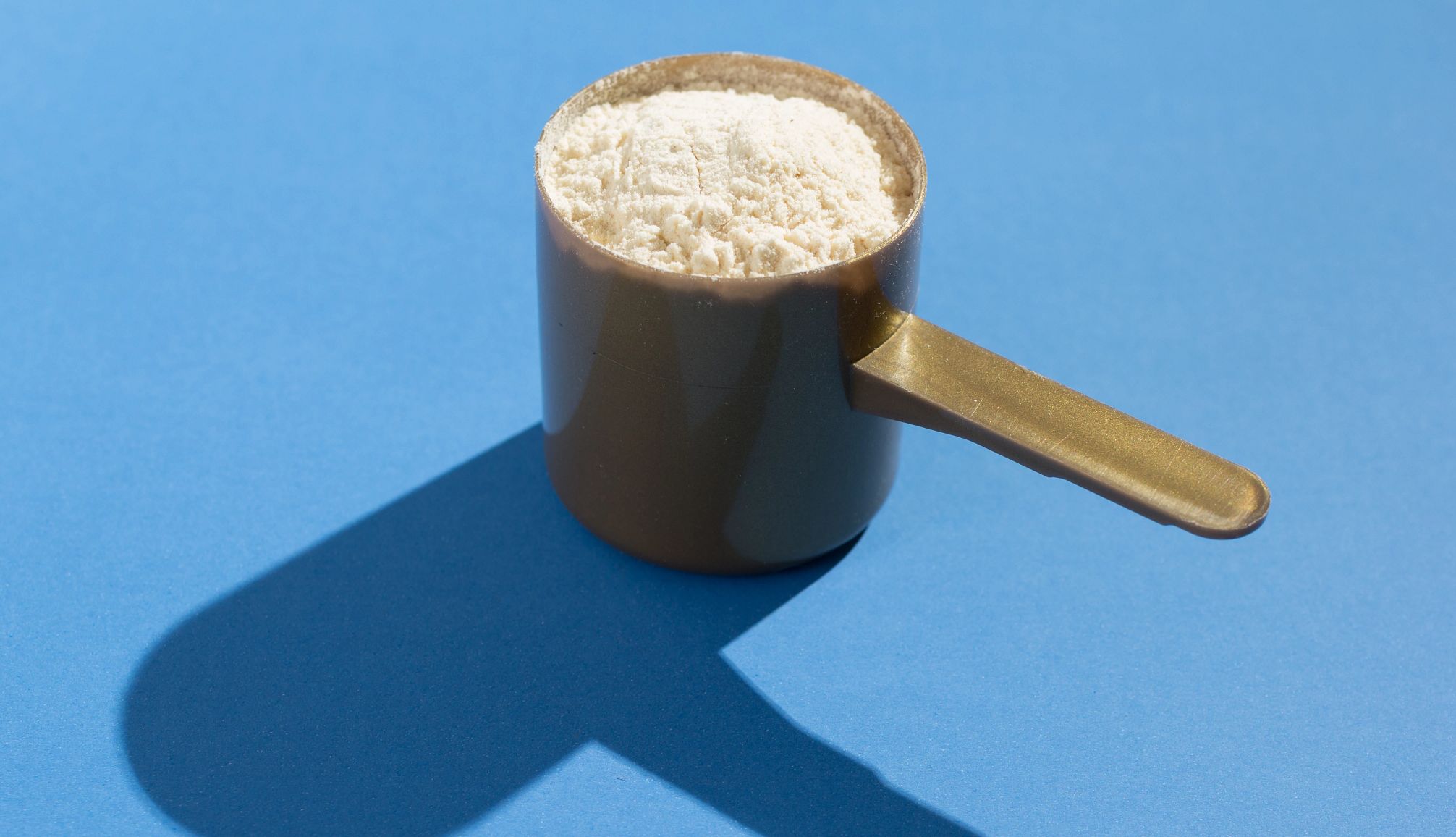AARP Hearing Center


Protein powders have surged in popularity in recent years, particularly among people looking to build muscle or manage their weight. But a new report reveals that these widely used wellness supplements may contain a hidden danger.
A new investigation from the nonprofit Consumer Reports found that several common brands contain concerning amounts of lead, a toxic metal linked to a number of health issues. The group tested 23 best-selling brands and found that more than two-thirds of the products contained more lead in a single serving than what its experts consider safe to consume in a day (0.5 micrograms), the same standard set by a California law. Some products exceeded that level by more than 10 times.
A simple scroll on social media, and it’s not hard to see that protein is having a moment. A Consumer Reports survey conducted earlier this year found that nearly 60 percent of adults have tried to increase their protein intake in the past three years, and the protein powder market has responded; sales are expected to nearly double by 2034, according to one report. And research suggests protein powders and shakes are increasingly used by older adults, who are more prone to muscle loss.
According to the U.S. Food and Drug Administration (FDA), there is no known safe level of lead exposure. And exposure to more than 2.2 mcg per day for children and more than 8.8 mcg per day for women of childbearing age is considered a potential health concern, the agency says.
Two plant-based protein powders tested by Consumer Reports contained high enough levels of lead that the organization’s experts advised against consuming them. Naked Nutrition’s Naked Vegan Mass Gainer powder contained 7.7 mcg of lead per serving, and Huel’s Black Edition powder contained 6.3.
Seven products tested by the group had lead levels below the 0.5 mcg standard.
In general, the lead levels in plant-based products tested by Consumer Reports were higher than those made with dairy- and beef-based proteins. Dairy-based protein powders and shakes generally had the lowest amounts of lead.
“Protein powders and shakes have become immensely popular and are part of a daily routine for many people who are focused on consuming more protein in their diet,” said Brian Ronholm, director of food policy at Consumer Reports, in a news release. “Our tests found that toxic heavy metal contamination in protein supplements is widespread and has worsened since we first analyzed these products 15 years ago.”






































































More From AARP
How to Get More Explosive Muscle Power After 50
These 5 expert tips will help you stay strong and mobile while avoiding injury
Herbal Supplements: Risks for People 50-Plus
Herbal pills may harm liver, impacting people 50-plus
Guide to Maintaining Strength as You Age
Tips for staying strong and independent as you age